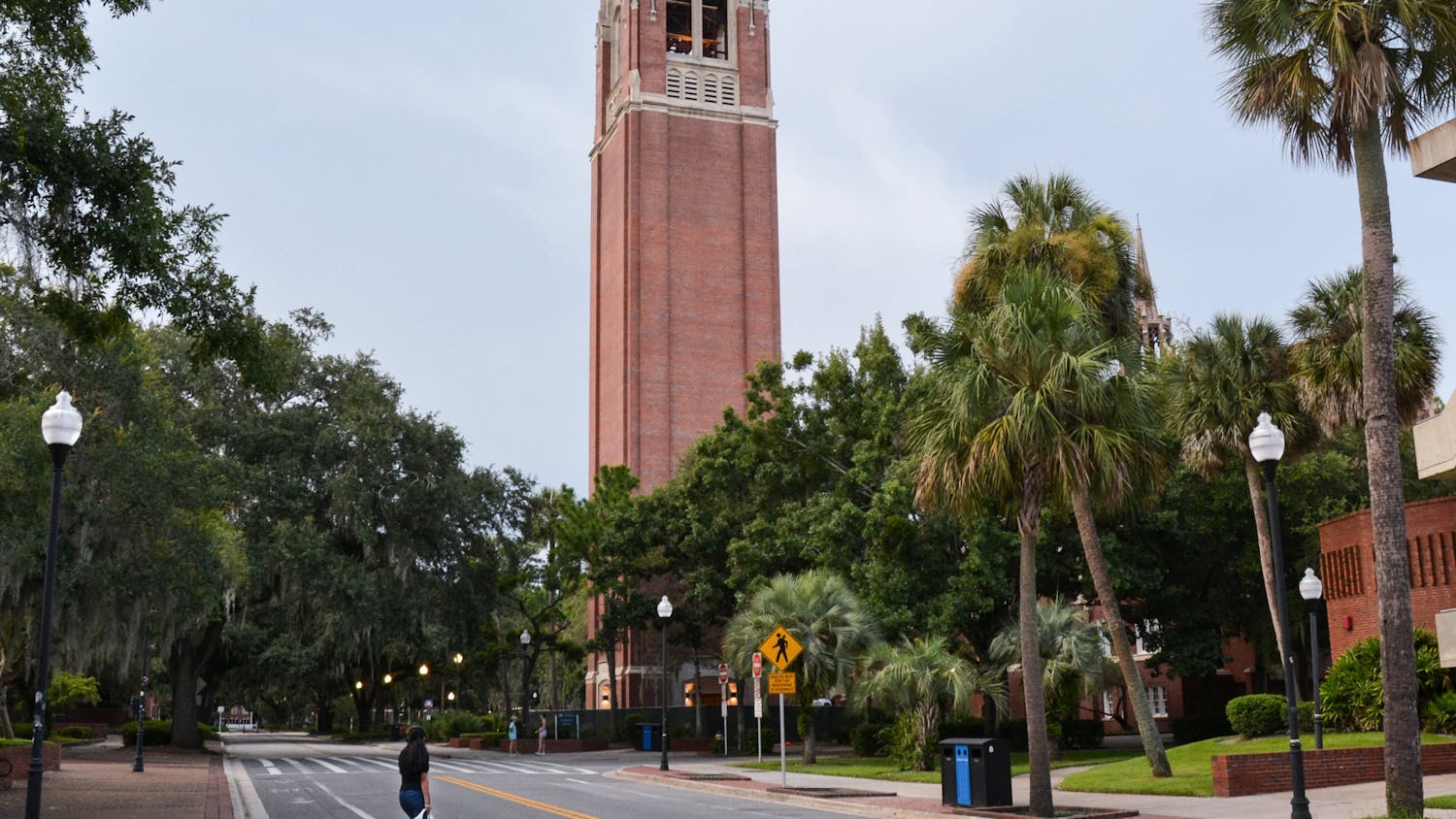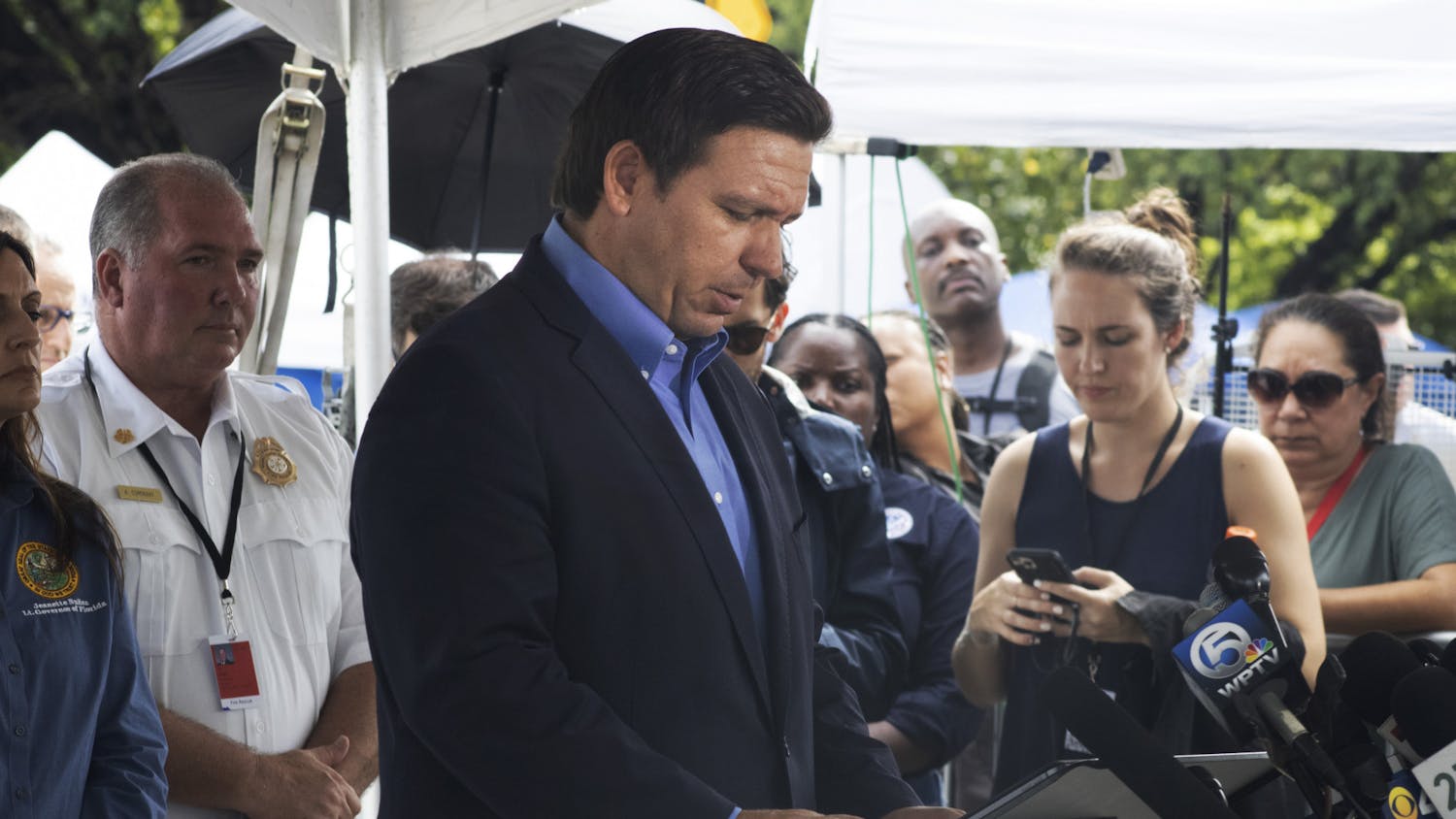Hobbes. Locke. Montesquieu. Tom DeLay?
When the names of influential political philosophers are mentioned, Tom DeLay is not usually among them. However, by leaving him off of the list, are we overlooking a man who transformed the modern political process? Perhaps.
Putting aside his current criminal conviction and his horrendous stint on “Dancing with the Stars” – one that probably still haunts Fred Astaire – it is beyond debate that DeLay impacted the political process during his two decades in Washington.
Known as a skilled tactician and prolific fundraiser, DeLay gained a reputation as “The Hammer” for his strict enforcement of discipline among colleagues and contributors alike. However, these were merely means used to accomplish an end.
There was a driving political philosophy underlying all the strategic and tactical moves he made, and nowhere was this philosophy more clearly on display than during DeLay’s 2006 farewell speech to the U.S. House of Representatives.
This speech and DeLay’s philosophy are particularly relevant given today’s calls for compromise and bipartisanship. In this speech, DeLay dismissed these ideas, saying, “Partisanship is the worst means of settling fundamental political differences – except for all the others.”
Central to DeLay’s beliefs was the idea that a bill or measure should pass the House with as narrow a margin as possible, preferably one vote. DeLay believed the smaller the margin of victory, the less compromise required and the more ideologically pure the legislation.
So, is there merit to DeLay’s idea? At first glance, it is easy to say no and dismiss it as all that is wrong with the political process today. Upon closer examination, though, this conclusion might not come so easily.
What about representatives’ obligations to their constituents? It is well-known that many congressional districts are gerrymandered to favor one party over another. By compromising, are elected officials betraying their constituents’ beliefs, or are they serving a greater good?
Is it not hypocritical for officials to compromise on core beliefs and moral issues? If not, then where do we draw the line? When is it OK?
Finally, proponents of compromise and bipartisanship point to the importance of avoiding gridlock. But does this not completely ignore our system of checks and balances? Isn’t gridlock built into the system, just as planned by the framers? True, many of the founding fathers spoke out publicly against partisanship, but many of them were among the most partisan people in American history. To see this, we need to look no further than the election of 1800.
At the end of the day, Tom DeLay was a pragmatic politician. He knew compromise was sometimes an inevitable and necessary evil to accomplish the business of our nation. Still, his philosophy may have intellectual teeth beyond those conveyed by its principal proponent.
In the coming weeks and months, among the calls for compromise and the rhetoric of bipartisanship, his idea will put to the test. Will those requesting compromise follow through, or will we all have to admit we are really Tom DeLays at heart?
Zack Smith is a first-year law student. His column appears on Mondays.





